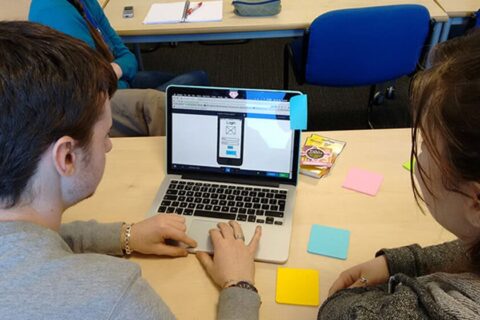
Through the concerted efforts of volunteers, governments, civil society, the private sector and the United Nations, the Plan
of Action seeks to strengthen people’s ownership of the 2030 Agenda, integrate and mainstream volunteering into national
strategies and policies, and better measure the impact of volunteers.
Volunteering plays a significant role in societies around the world by contributing to various aspects of community development, social welfare, and personal growth. Here are some key reasons why volunteering is important on a global scale:
- Community Development: Volunteers are instrumental in building strong and resilient communities. They contribute to local development projects, address social challenges, and promote positive change.
- Social Welfare: Volunteering often focuses on helping vulnerable populations, such as the elderly, children, people with disabilities, and those in poverty. Volunteers provide essential support and services to improve the well-being of these individuals.
- Cultural Exchange and Understanding: Volunteering often involves interacting with people from diverse backgrounds. This promotes cultural exchange, understanding, and tolerance, contributing to a more inclusive and harmonious society.
- Environmental Conservation: Many volunteers work on projects related to environmental conservation, such as cleaning up natural areas, planting trees, and raising awareness about sustainable practices.
- Disaster Relief and Humanitarian Aid: During emergencies and natural disasters, volunteers play a critical role in providing immediate relief and support to affected communities. They help distribute aid, provide medical assistance, and rebuild infrastructure.
- Education and Skill Development: Volunteers contribute to educational initiatives by tutoring, mentoring, and organizing workshops. They also help individuals develop new skills and knowledge that can improve their future prospects.
- Healthcare and Public Health: Volunteers contribute to healthcare services by providing support in hospitals, clinics, and community health programs. They help increase access to healthcare for underserved populations.
- Promoting Civic Engagement: Volunteering encourages individuals to take an active role in their communities and society. This engagement can lead to positive social and political change.
- Building Resilience: Communities with strong volunteer networks are often more resilient in the face of challenges. Volunteers can provide immediate assistance and long-term support during crises.
- International Solidarity: International volunteering fosters connections between people from different countries. Volunteers who work abroad contribute to global solidarity and address cross-border challenges.
- Economic Contribution: The economic value of volunteering is substantial. Volunteers provide services that would otherwise require significant financial investment. This can alleviate the burden on governments and organizations.
- Personal Growth and Well-being: Volunteering offers individuals a sense of purpose, fulfillment, and well-being. It promotes personal growth, enhances self-esteem, and provides a way to make a positive impact on the world.
- Bridge Generation Gaps: Volunteering brings together people of different age groups. It allows older generations to share their wisdom and experiences with younger ones while fostering intergenerational relationships.
- Advocacy and Social Change: Many volunteers engage in advocacy work to raise awareness about social issues, promote policy changes, and create a more just and equitable society.
Overall, volunteering is a powerful force for positive change, both at the individual and societal levels. It fosters connections, addresses challenges, and contributes to the well-being of individuals and communities around the world.



